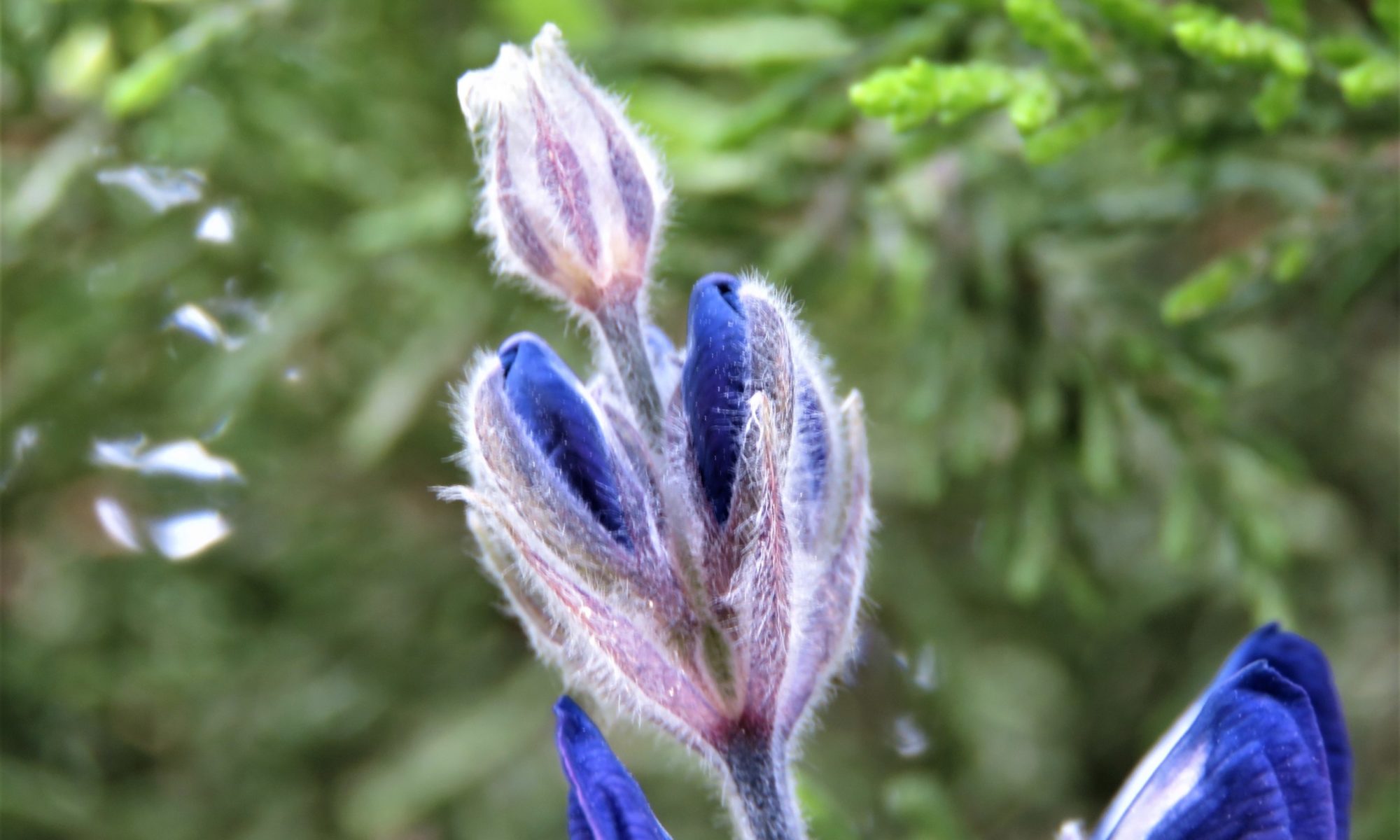The final exciting episode!
The Tricky Ho’da’ah Connection
The ho’da’ah – that’s how we complete the circuit. We have to take what we receive, acknowledging our prior lack, and say thank you. And then we are doing for Him.
The gemora in Kedushin lays down the halachic precedent for this concept: “Adam chashuv shani, an important man is different.” Normally a man has to perform the ritual marriage act of kedushin by giving money or a gift of value to the woman, but when the man is very high-ranking and respectable, if the woman gives it to him after the man proclaims his intention to wed, the kedushin takes effect. This is because the woman receives pleasure – tangible benefit worth mone – by way of the fact that the adam chashuv was willing to receive her gift, something he would not do for just anyone.
Here’s the trick: The same principle applies in our relationship to Hashem. When we receive Hashem’s gifts with appreciation and show Him that we are interested in a relationship, He receives pleasure in being a giver – His desire.[1] Amazing! Paradoxically, when we show our appreciation for receiving, when we acknowledge that we were imperfect and we need Him to complete us, then we become Godly!
It would seem contradictory, a complete paradox, but it works. Only Hashem could do this!
Acknowledging and recognizing one’s own chisronos – defects and imperfections – and the ability to thank Hashem whole heartedly are one and the same. They are the essence of ho’da’ah. Adam missed this, and he tried to project his defects on the woman that Hashem gave him. [2] He was telling Hashem that I am perfect as I am, and what I have done was right because You have made it such.
Adam was supposed to see that his job was to take responsibility for the imperfections which Hashem created for Adam, to take them as his charge. He was to turn the chisaron into tikkun, rectified perfection, and give the ultimate ho’da’ah that comes with that.
But it was not to be. Leah was the first to internalize the message of ho’da’ah, to feel what it was that she was missing, and use it as an expression of appreciation and thanks. She who was originally intended to be Eisav’s bride turned to Hashem to give her all her needs, and now with her fourth child she received even more than her portion.
And she thanked Hashem, and named her son Yehudah in honor of this thanks, this ho’da’ah. And she implanted the trait of ho’da’ah in Yehudah so that he could take it even deeper. He was able to acknowledge his deed, recognizing the cloak and ring, and taking ownership of something that according to Midrash he was forced to do.
This central trait of ho’da’ah becomes the middah of Dovid Ha’Malech, our king and leader, and it will be the trait of Machiach Ben David who will teach us all to “Hodu La’Shem ki tov, ki l’olam chasdo, Thank Hashem for He is good, His kindness is forever!” Even when it does not seem like it is good, His kindness is still forever. Hashem’s Oneness and Goodness has been there all along, and will always be.
Let us be a part of that process, thanking Hashem for what we are missing. And when what we are missing is our own personal perfection, let’s have the strength to acknowledge that lack, and thank Him for giving us the opportunity to be a partner with Him in rectifying ourselves and creation so that we can have a happy ending, just like He wants. And when we thank Him for that happy ending, we’ll be making ourselves even more godly.
Thanks for reading.
Part Two
Part One
